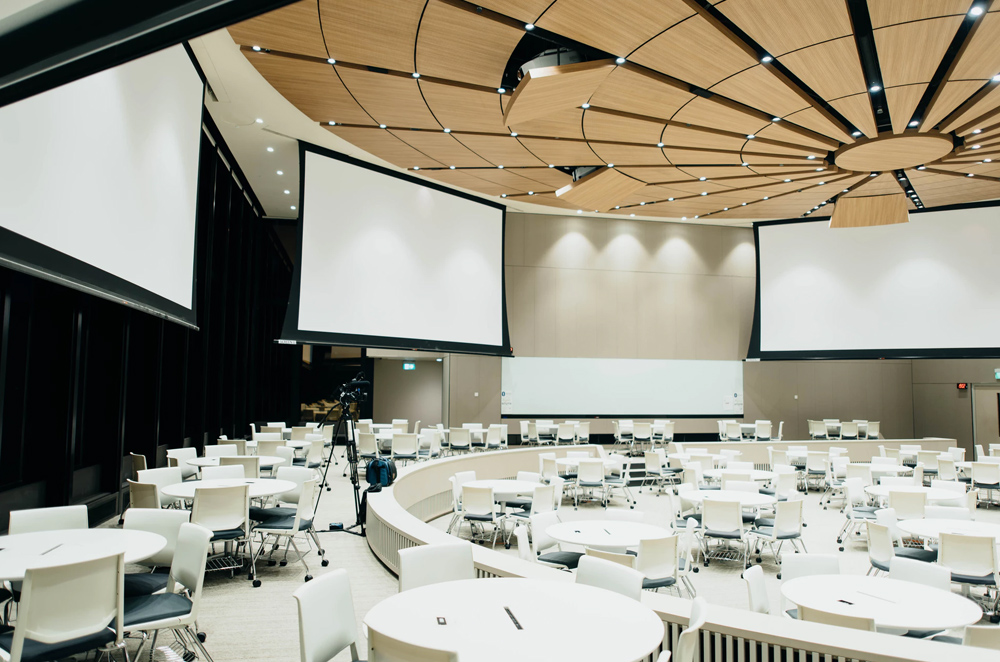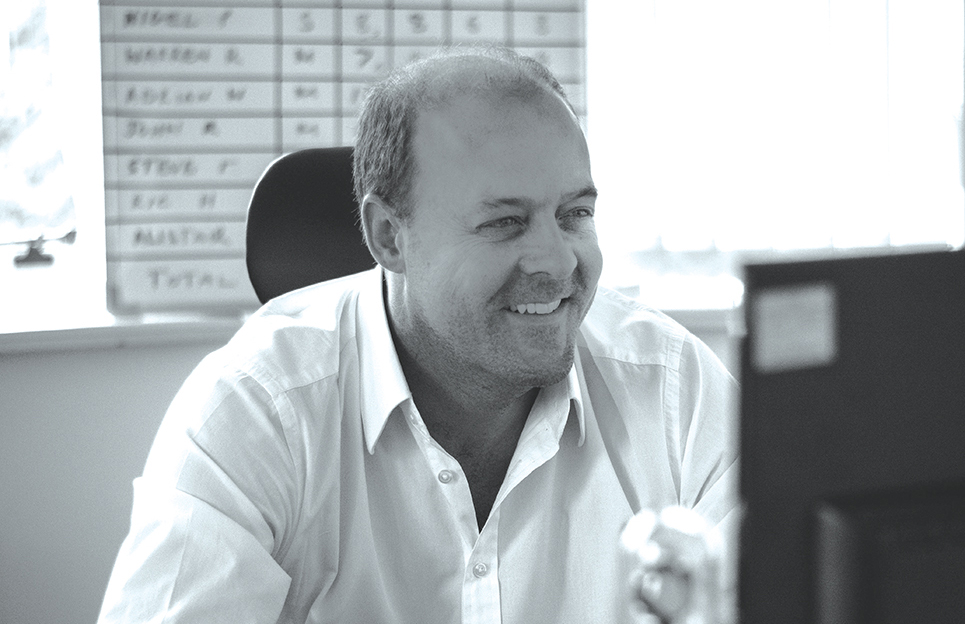
Event planning is not for the faint hearted. Whether you’re booking the next AGM or product launch, executive board meeting or team awayday, all company events have one thing in common: they require military precision in the way that each event comes together. In fact, there’s an old army adage that’s quite apt here: ‘Proper planning and preparation prevents p!$$ poor performance.’
It should therefore not come as any surprise that plenty of hard work is required from the very start to make sure that it’ll be alright on the night (or day). Checklists are integral to ensuring that the planning process goes smoothly, so here’s the first and most important one of many that you’ll come across to guide you towards your perfect corporate event.
- Study the brief thoroughly
Every event starts with a brief. What sort of event is it? Business or pleasure, or both? Why is it being held and what is the overall objective? How many guests? What’s needed in terms of equipment, catering, entertainment, accommodation? Whether you’re part of an in-house team organising the event for your team, or you’re an agency working with a client to find the ideal venue, you must understand the brief.
If you’re not 100% sure about what’s required, ask as many questions as you need to really understand the event needs. And don’t just stop at ‘Would you prefer theatre or cabaret style seating?’. Really get into the nitty gritty and under the skin of the event brief. Everything else follows from there.
- Search for more than suitable venues
Once you’ve studied the brief in depth and are clear about what the event is going to be, it’s time to scour for venues that suit the brief best. Contrary to what many people believe, finding the venue is anything but easy, and it’s never ever a question of one size fits all.
The key to successful event planning is to find venues that are more than just suitable – the perfect venue will have that extra je ne sais quoi. Perhaps an old converted warehouse, a former Royal Palace, an island in the middle of the Thames, a museum or art gallery?
Many businesses have now come to recognise the value of professional venue finders. These niche agencies have a real knack of proposing venues that their clients wouldn’t otherwise be aware of, and ideally suggest unique venues that have an interesting link or a quirk that is really going to make them stand out from the crowd. Best Venues London, for instance regularly promote unique venues for corporate consideration – such as these gems ‘inside the M25’ which would otherwise be hard to secure.
- Visit all shortlisted venues
Having searched high and low for the best possible event spaces, you should now narrow down your choices to no more than a handful of shortlisted venues. Arrange site visits with each of them in turn, and in plenty of time before the event, before you make a firm decision. (See these four handy tips to assessing your venue.)
The importance of a site visit cannot be understated. Websites, brochures and marketing material are all designed to impress but the information can be misleading. Experiencing the venue first hand will give you the chance to get an idea of the scale and atmosphere, location and surroundings, as well as the service provided. Have a list of questions to hand to ask about anything you’re not clear about and only confirm the booking when you’re satisfied that you’ve found the perfect place.
- Keep communicating with everyone involved
Once the venue is decided and a booking has been made, the real event planning work starts. This is when your organisational skills are tested to the max to make sure that all plates are kept spinning. From in-house managers to guest speakers and entertainers, the events team at the venue, catering managers, stage setters, decorators, florists and anybody else, you need to constantly keep checking to make sure every detail has been thought of and will be ready for the event.
It is essential that every involved is on the same page – literally. Share the schedule with all stakeholders, the venue and all the suppliers so that each and every contributor can work from the same plan. By putting together a detailed schedule, everyone can see that all the bases are covered and the event is coming together as planned.
- Add some magic fairy dust
Finally, pay extra attention to the finishing touches that can make all the difference between a ‘meh’ and a ‘wow’ event. Often, it’s the little things people will remember and that will get your event talked about.
Whether you choose to book a celebrity entertainer or famous speaker, install a live streamed social media wall or hand out luxury goodie bags at the end of the night, adding is those few little extras will turn your event into a memorable occasion for all the right reasons.






